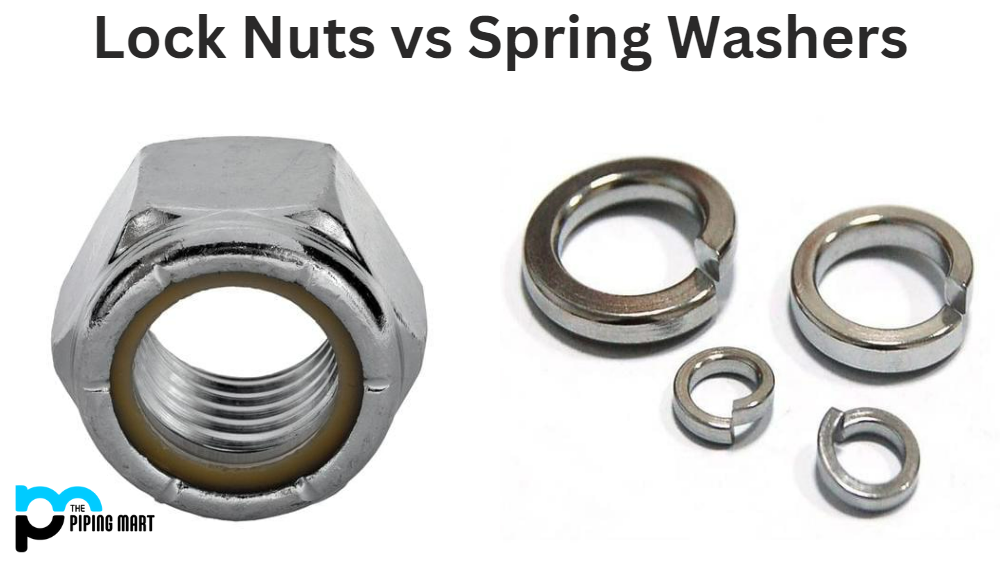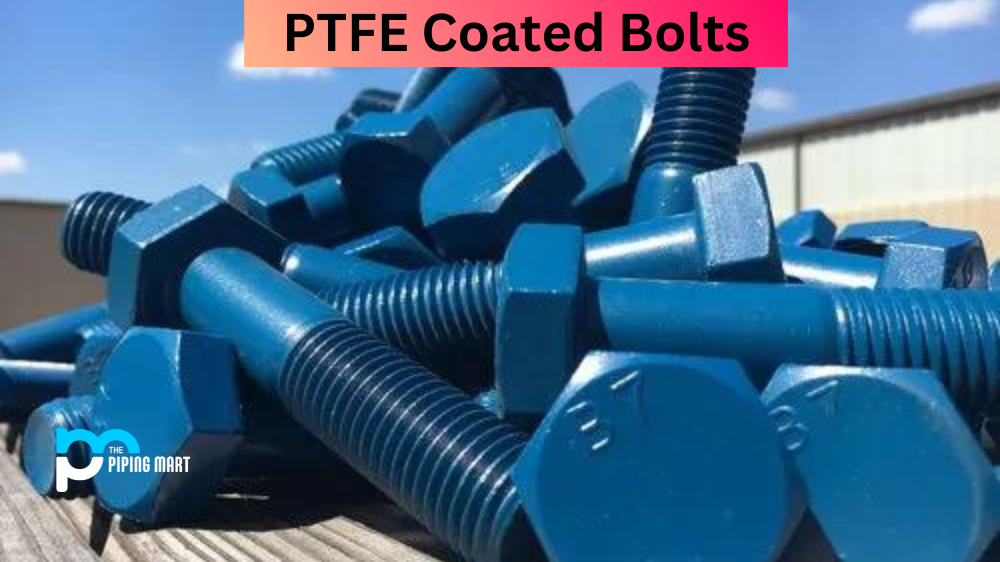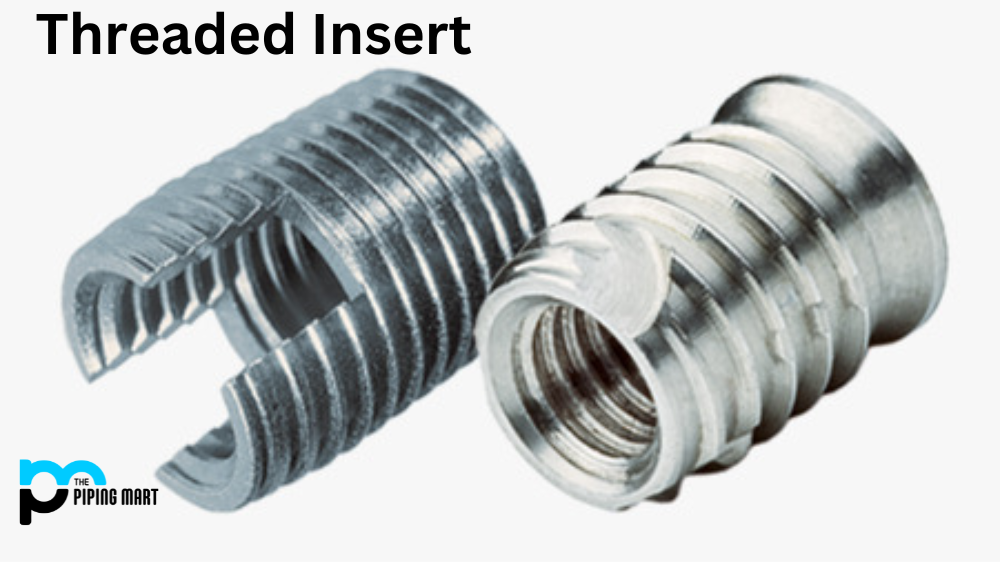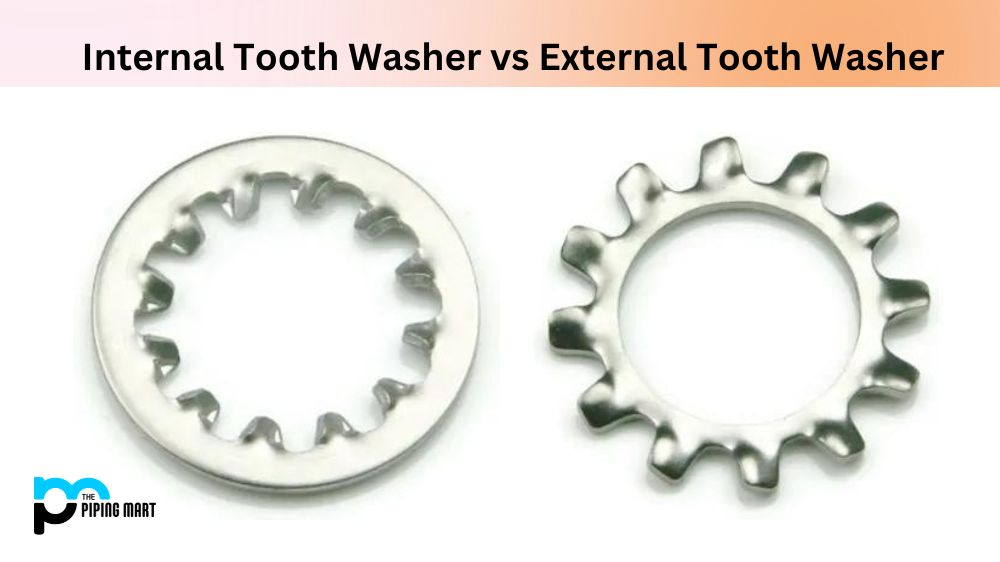When it comes to secure fastening, a variety of nuts and washers can be used. However, two of the most common are lock nuts and spring washers. In this blog post, we’ll discuss the differences between these two fastening methods and when each should be used.
Lock Nut
A lock nut is a type of nut that is used to secure a bolt or screw in place. It typically has a thread on one end that is used to screw it onto the bolt or screw and a hole on the other that is used to secure it with a pin. Lock nuts are available in various sizes and materials, making them suitable for any project or application. They have internal threading, which allows them to be tightened against another surface with a nut driver or wrench. Their design enables them to stay tight even after being exposed to vibration or changes in temperature. This makes lock nuts ideal for projects where a fastener is going to experience a lot of movement or varying temperatures over time.
Spring Washer
On the other hand, spring washers do not require internal threading as lock nuts do. Instead, they are designed with a series of coils that act as springs around their circumference; this allows them to apply pressure against whatever surface they’re attached to, creating a tightness that won’t easily come undone. Spring washers tend to work best when there is minimal vibration or movement involved—like when attaching two surfaces in one static position—as the spring action may not be strong enough to keep it secure over time. A spring washer is a type of washer that is used to secure a bolt or screw in place. It typically has a hole in the centre that is used to secure it with a pin and two coils on either side that compress when the bolt or screw is tightened, creating a tight seal.
Difference Between Lock Nut and Spring Washer
Advantages of lock nut
One advantage of lock nuts is that they are less likely to come loose than spring washers. This is because the threads on the lock nut will grip the threads on the bolt or screw more securely. Lock nuts are less likely to be damaged by vibration than spring washers.
Advantages of spring washer
One advantage of spring washers is that they provide a more consistent seal than lock nuts. This is because the coils on the spring washer will compress evenly around the bolt or screw, creating a tight seal. Additionally, spring washers are less likely to damage the threads on the bolt or screw than lock nuts.
Disadvantages of lock nut
One disadvantage of lock nuts is that they can be difficult to remove once they have been tightened. This is because the threads on the lock nut will grip the threads on the bolt or screw more securely, making it difficult to loosen. Additionally, if the lock nut becomes damaged, it can be difficult to replace it without damaging the threads on the bolt or screw.
Disadvantages of spring washer
One disadvantage of spring washers is that they can be difficult to install correctly. This is because it can be tricky to align the coils on the spring washer with the holes on the bolt or screw. Additionally, if the spring washer becomes damaged, it can be difficult to replace it without damaging the threads on the bolt or screw.
Conclusion:
Both lock nuts and spring washers offer reliable fastening solutions; however, it’s essential to understand which is suitable for your project based on whether you need stability in high-vibration or static conditions. With this knowledge, you should feel more confident about selecting the suitable fastener for your needs!

Abhishek is a seasoned blogger and industry expert, sharing his insights and knowledge on various topics. With his research, Abhishek offers valuable insights and tips for professionals and enthusiasts. Follow him for expert advice on the latest trends and developments in the metal industry.




